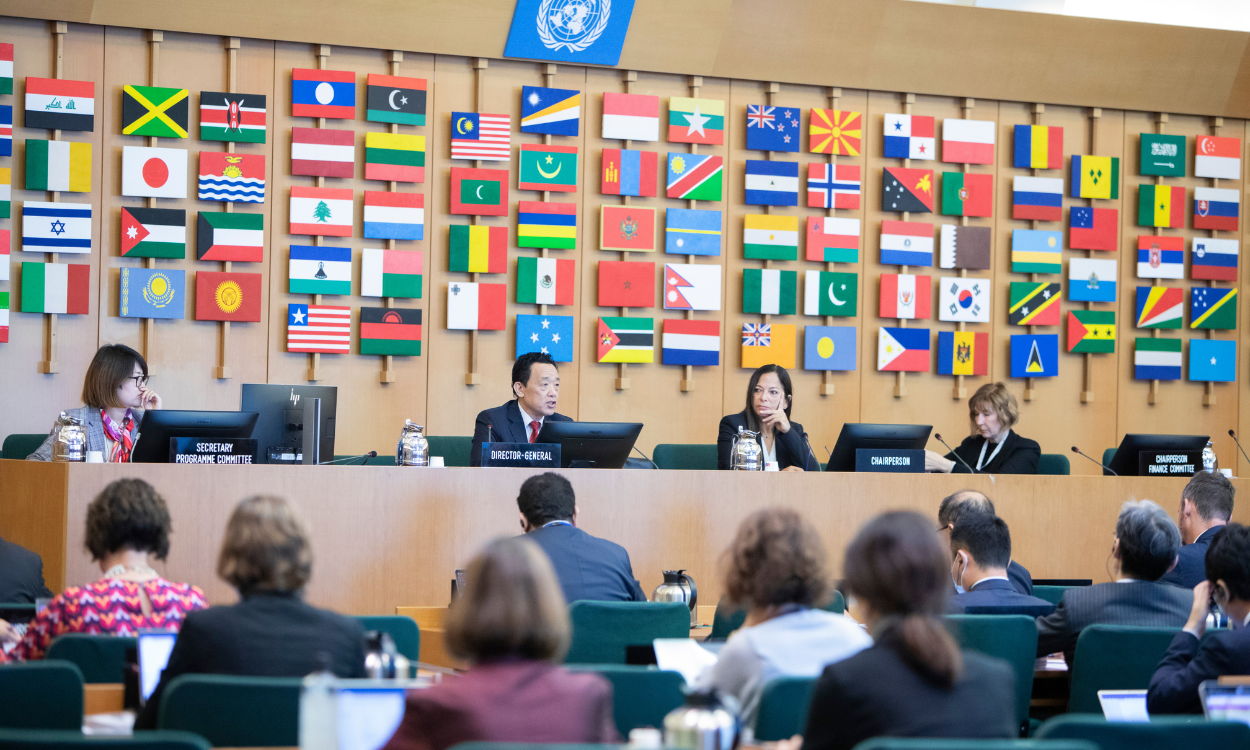SEED FUNDING JOINT PROGRAMMES
Rwanda
Resilient Food Systems: Enhanced Value Chain and Post Harvest Management





PROJECT TITLE | Resilient Food Systems: Enhanced Value Chain and Post Harvest Management |
| Context | Food systems transformation is embedded in several national policies in Rwanda, including the National Transformation Strategy, the Strategic Plan for Agriculture Transformation, the National Environment and Climate Change Policy. In 2021, Rwanda developed its National Pathway, which highlights four priority areas for the country towards 2030: ensuring food security and nutrition for all, while increasing demand for healthy diets; enhancing the environmental sustainability of food systems; improving livelihoods for farmers and all workers in food systems while building resilience to shocks; promoting inclusion of women and youth in food systems, including through enhanced financial opportunities. |
| PUNOs | FAO, WFP, IFAD |
| Contribution to SDGs | SDG 1 No Poverty; SDG 2 Zero Hunger; SDG 8 Decent Work and Economic Growth; SDG 13 Climate Action |
| Contribution to other SDG transitions | Decent Jobs and Universal Social Protection; Energy Access and Affordability |
| Duration | July 2024 – June 2025 |
| Expected financial leverage | $ 3,070,000 |
| Alignment with SG Call to Action | Policy integration; Food systems governance; Research, data, technology and innovation; Inclusive and participatory design; Private sector engagement |
| Outcomes | The JP leverages on improved post-harvest management as a strategic approach to simultaneously reduce food loss, improve incomes, and boost food availability. The JP promotes the economic integration of youth-led MSMEs and builds linkages with partners and initiatives focused on nutrition and food security to connect the dots between food production, processing and consumption. |
| Partners |
|
| Outputs |
|
The Hub at the FAO Joint 134th Session of the Programme Committee and 194th Session of the Finance Committee
At the FAO Joint 134th Session of the Programme Committee and 194th Session of the Finance Committee, the FAO Director-General shares that the UN Food Systems Coordination Hub is operational and that work has started at country level.

FAO Director-General at the FAO Joint 134th Session of the Programme Committee and 194th Session of the Finance Committee.
©FAO/Giulio Napolitano
On 7-11 November 2022, Member States gathered at FAO headquarters in Rome, Italy for FAO’s Joint 134th Session of the Programme Committee and 194th Session of the Finance Committee.
The FAO Director-General shared that the UN Food Systems follow-up Coordination Hub, hosted by FAO on behalf of the UN system, is operational. He highlighted that the Steering Committee has approved the Hub’s Biennial Work Plan and that work has already started at country level to shape country portfolios to support the implementation of national pathways.
The Director of the Hub also shared updates on the work carried out by the Hub since May 2022 as well as upcoming activities in 2023. He noted that the Hub has been conducting regional-level meetings to support peer-learning exchanges and has been working closely with coalitions that emerged from the Food Systems Summit. It has also established a Scientific Advisory Group comprising 33 experienced scientists to enhance science-policy interfaces for food systems transformation and appointed focal points for youth and Indigenous Peoples for the Hub’s Stakeholder Engagement and Networking Advisory (SENA) Group.
The Members welcomed the briefing on the current status and operations of the Hub, and recognized the progress achieved. They appreciated the support provided to the Hub by FAO and other UN system organizations. Members noted that the Hub has started to provide technical support to countries on implementing their national food systems pathways and emphasized the importance to continue and augment the support to more countries. Members requested the Hub to provide more details about the organisation of the Food Systems Stocktaking Moment in July 2023 once they are available. They are looking forward to receiving regular updates including a progress report, at the future sessions of the Joint Meeting.
